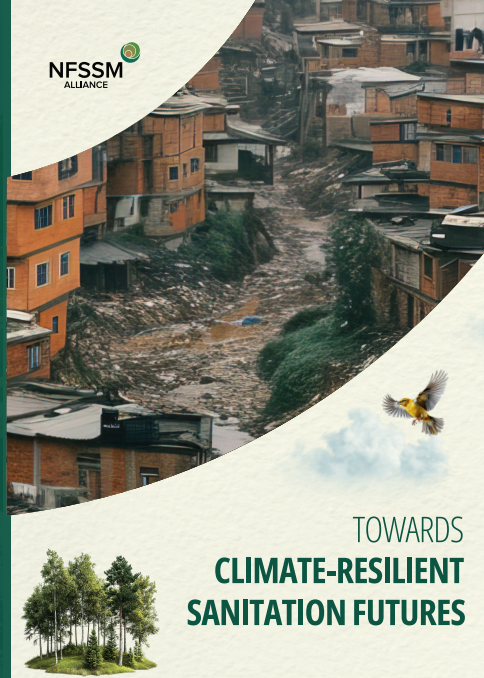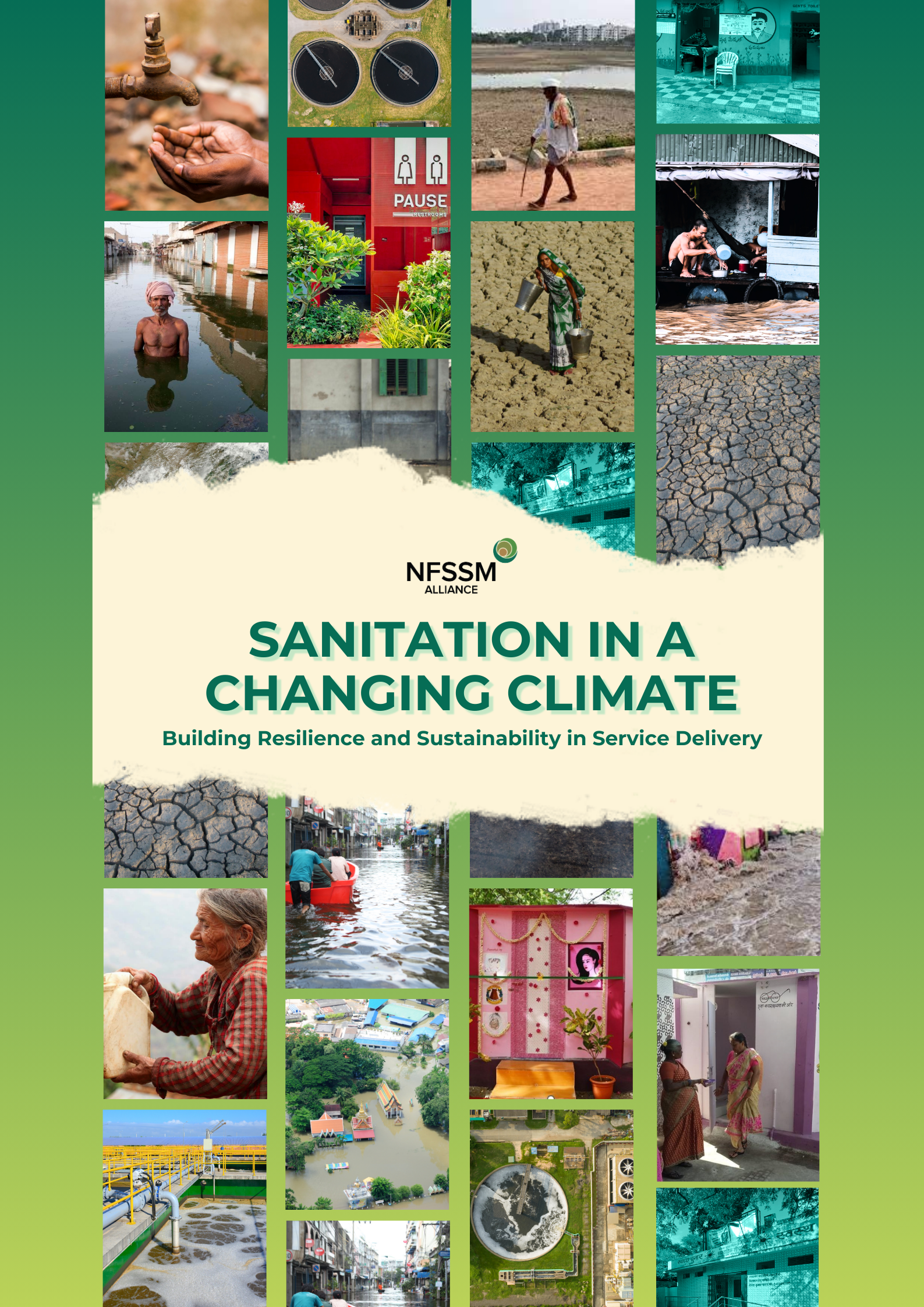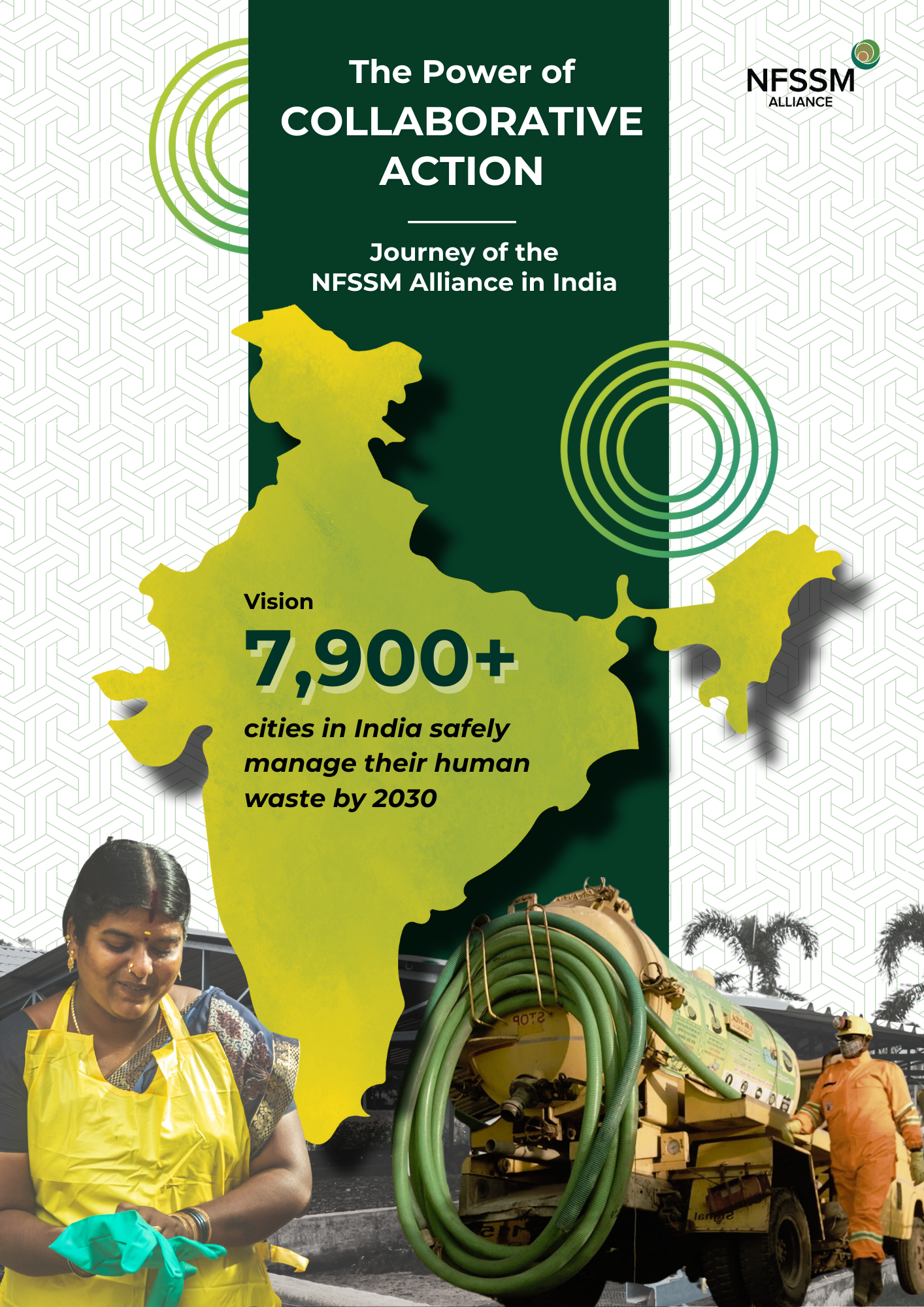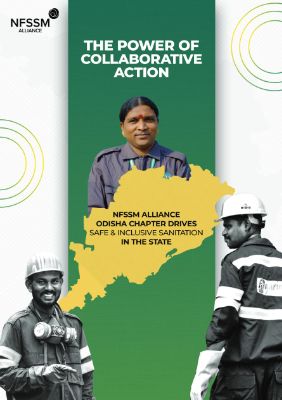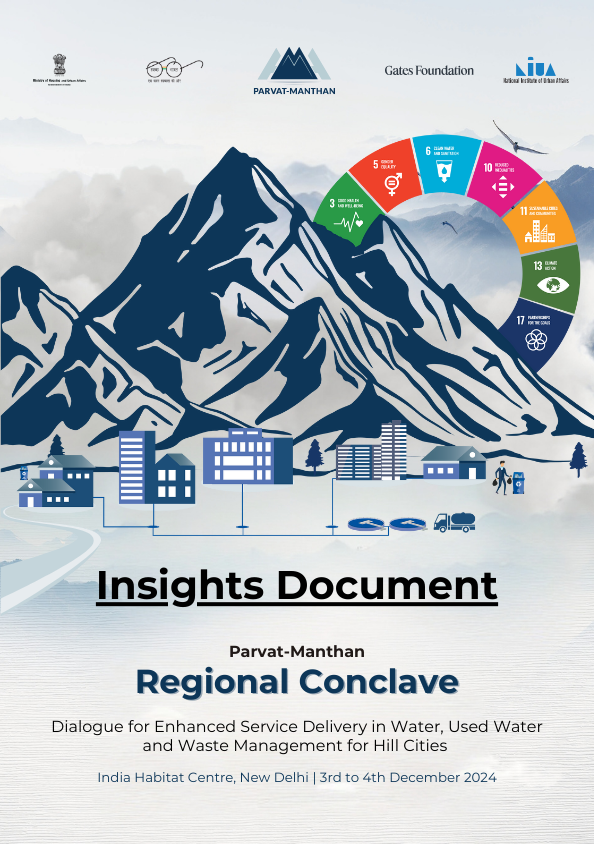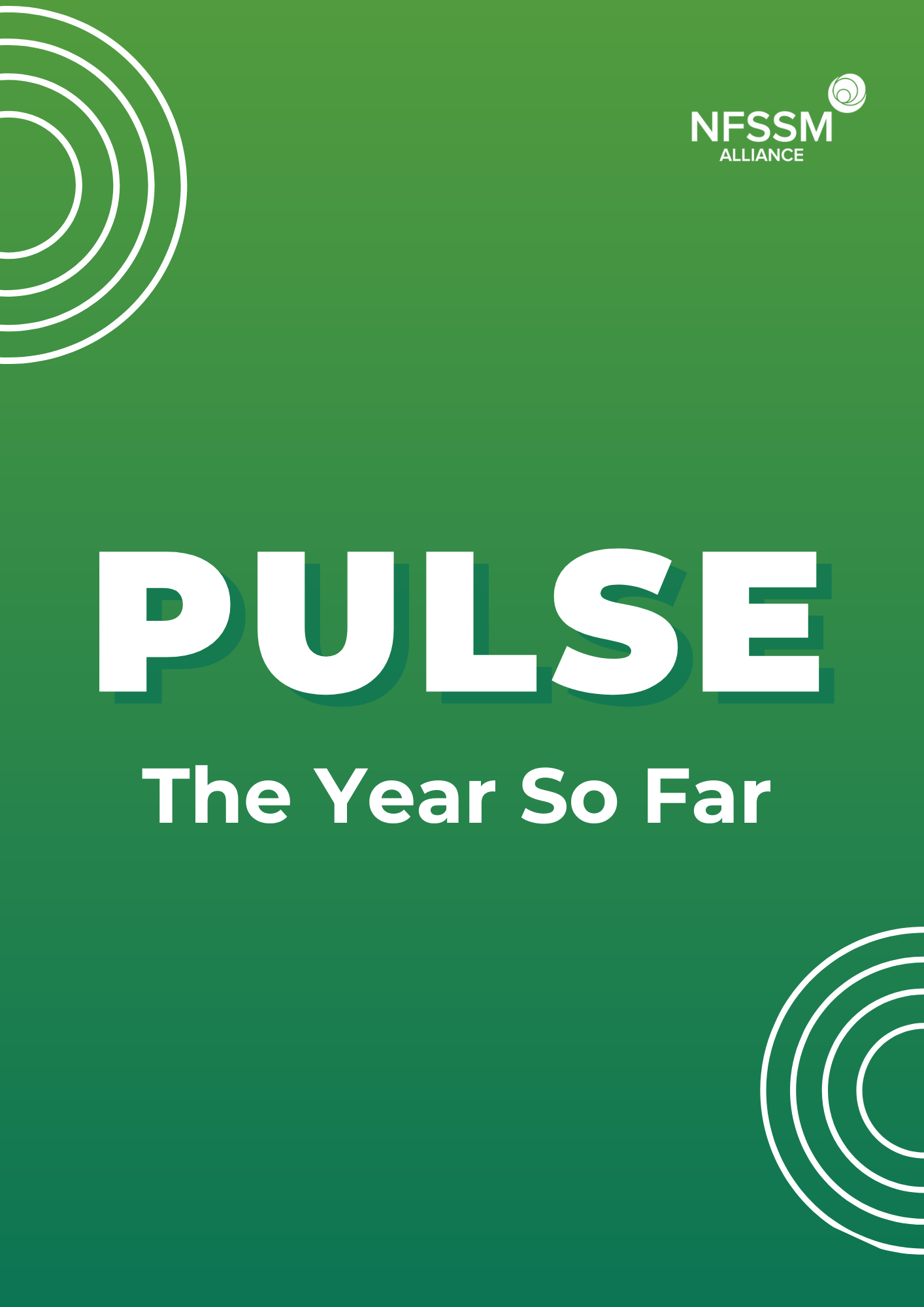08 Jan 2025
Report
Learning Lab #1: Sanitation in a Changing Climate: Building Resilience and Sustainability in Service Delivery.
The inaugural session of our Learning Lab series, titled "Sanitation in a Changing Climate: Building Resilience and Sustainability in Service Delivery," successfully convened over 60 sanitation sector professionals. This event marked a significant step towards understanding the intersections of climate change and sanitation through a robust dialogue facilitated by our esteemed speakers from CWAS, CSE, and CDD. Their expert insights provided a foundation for integrating climate adaptation and mitigation into sanitation service delivery.
Session Highlights:
1. Climate-Sanitation Linkage: Detailed explorations into enhancing climate resilience through innovative, sustainable technologies and community-focused adaptations, such as rainwater harvesting and solar-powered WASH infrastructure.
2. Water Security through Reuse: Strategic discussions on advancing treated water reuse, developing tailored reuse frameworks at the state level, and promoting decentralised wastewater treatment systems to mitigate regional disparities.
3. Application in Agriculture: A focus on leveraging treated wastewater and co-composted sludge to reduce the reliance on chemical fertilisers, improve agricultural yields, and support sustainable farming practices.
To delve deeper into the discussions, the session's slides and video recording are available on the NFSSM YouTube channel. Engage with these materials to further our collective goal of developing resilient and sustainable sanitation systems in a changing climate.
